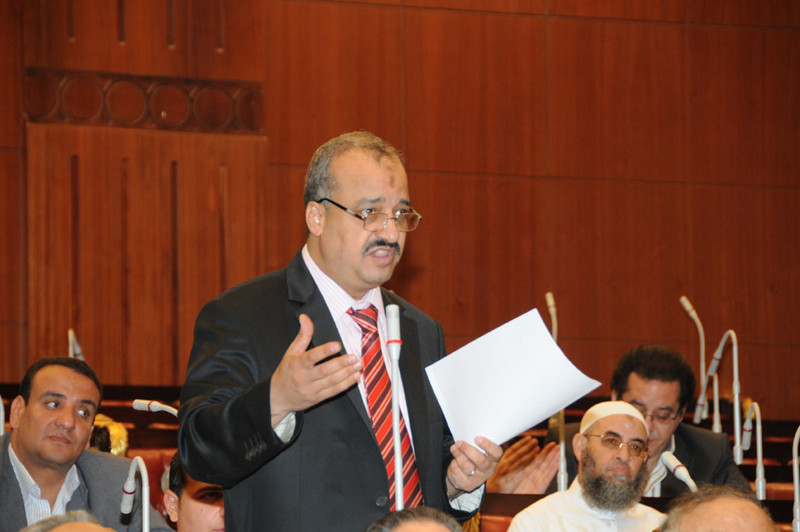CAIRO: Saudi Arabia proposed deploying an Arab military force backed by US and NATO airpower to Lebanon two years ago to crush Hezbollah and prevent the militant group — and its patron Iran — from taking power in Beirut, leaked US government documents show.
The proposal — made by Saudi Foreign Minister Saud Al-Faisal during talks with US diplomat David Satterfield in May 2008 — was never acted on, but it reflects concerns in Riyadh and other Sunni Arab capitals about the growing influence of Shia Iran in the region.
In the meeting, Saud said that a "security response" was needed to Hezbollah’s challenge to the Lebanese government of then-Prime Minister Fuad Siniora, warning that a Hezbollah "victory in Beirut would mean the end of the Siniora government and the ‘Iranian takeover’ of Lebanon," according to a US diplomatic cable released by WikiLeaks.
The talks took place just days after Hezbollah, which is the strongest military force in Lebanon, briefly seized control of large parts of Beirut in fighting with pro-government supporters. Hezbollah’s success raised the prospect of the militant group staging a permanent takeover of the Lebanese capital.
To counter that, Saud proposed "an ‘Arab force’ to create and maintain order in and around Beirut." The cable said Saud argued for the US and NATO to "provide movement and logistic support, as well as ‘naval and air cover.’"
The troops, he said, could be assisted and come under the cover of the current UN peacekeeping mission in south Lebanon, known as UNIFIL. Such a force would "keep out Hezbollah forever" in Lebanon, Saud was quoted as saying in the memo.
The cable goes on to say Saud told Satterfield that Siniora "strongly supports" the idea, but that only Egypt, Jordan and the head of the Arab League were also aware of the plan. Syria, another Iranian ally with strong influence in Lebanon, had not been consulted, Saud said, adding "what would be the use?"
The US response to the proposal appeared lukewarm. In the memo, Satterfield questioned the political and military feasibility of carrying out such a plan. But he added that Washington would carefully study and Arab decision on a way forward.
Siniora survived the 2008 crisis, but only after making major concessions to Hezbollah, including giving them and their allies veto power in the government he formed weeks after the clashes.
Saad Hariri replaced Siniora in late 2009, but Hezbollah — ever a power in Lebanon’s politics — is a member of Hariri’s Western-backed governing coalition.

